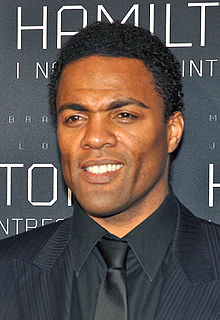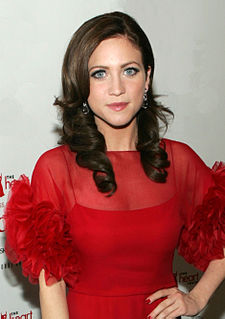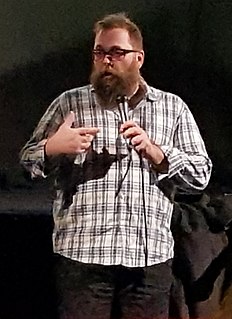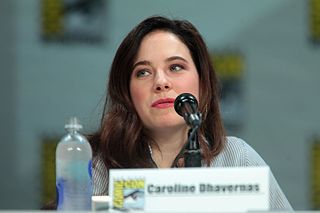A Quote by Billy Unger
On 'Lab Rats,' I read the script probably three or four times before we ever even do a table read because I want to be completely prepared. And I want to know exactly which beats I have to hit and where I need to make something comical. Some lines need a little more than others do just to get the point across, to get the joke to be funny.
Related Quotes
I always think it's interesting to switch genres, because if I read a script and I know exactly how to manifest a story, I don't really want to do it anymore, because I've already done it in my head. It becomes less interesting. If I read something that's challenging, I get really passionate and usually fall in love with it, because I feel I need to do it. I need to tell the story; I need to find a way to make it happen.
You liked the freshness of it, c'mon try it" and I said "oh God, I read it three of four times" and finally I said "all right, I want you guys to organize a reading and I want you to be there to see how terrible this is not going to work at all", so we had a table like this, and read the script, and it was just great.
If you have it you don't need it. If you need it, you don't have it. If you have it, you need more of it. If you have more of it, you don't need less of it. You need it to get it. And you certainly need it to get more of it. But if you don't already have any of it to begin with, you can't get any of it to get started, which means you really have no idea how to get it in the first place, do you? You can share it, sure. You can even stockpile it if you like. But you can't fake it. Wanting it. Needing it. Wishing for it. The point is if you've never had any of it ever people just seem to know.
For me, I wish I loved every script that I read. Sometimes I'm more picky and choosy than I really should be because you would get more jobs as an actor! But you don't know what it is. Sometimes you read something and it could be a big part or a small part. It could be one scene and I'll read it and say: "Wow, I really like that and I really want to do that.".
You need to have a reader's sympathy in order to accomplish anything. It's like at a reading, I find it's better to read something funny than to read something tragic. It just goes over better because you have a finite amount of time with somebody. Of course, in a book, you have a lot of time. But you still do want to make a certain impression right when you begin.
Funny bones, to me, are more important than funny lines. If a comedian is just not likable and doing the lines, you could read them yourself. Whereas if someone [you like] shambles out, and they tell you what a bad day they've had, they don't have to say anything. I love them. I want to hug them because they've been through something. And it comes back to empathy, always empathy.


































